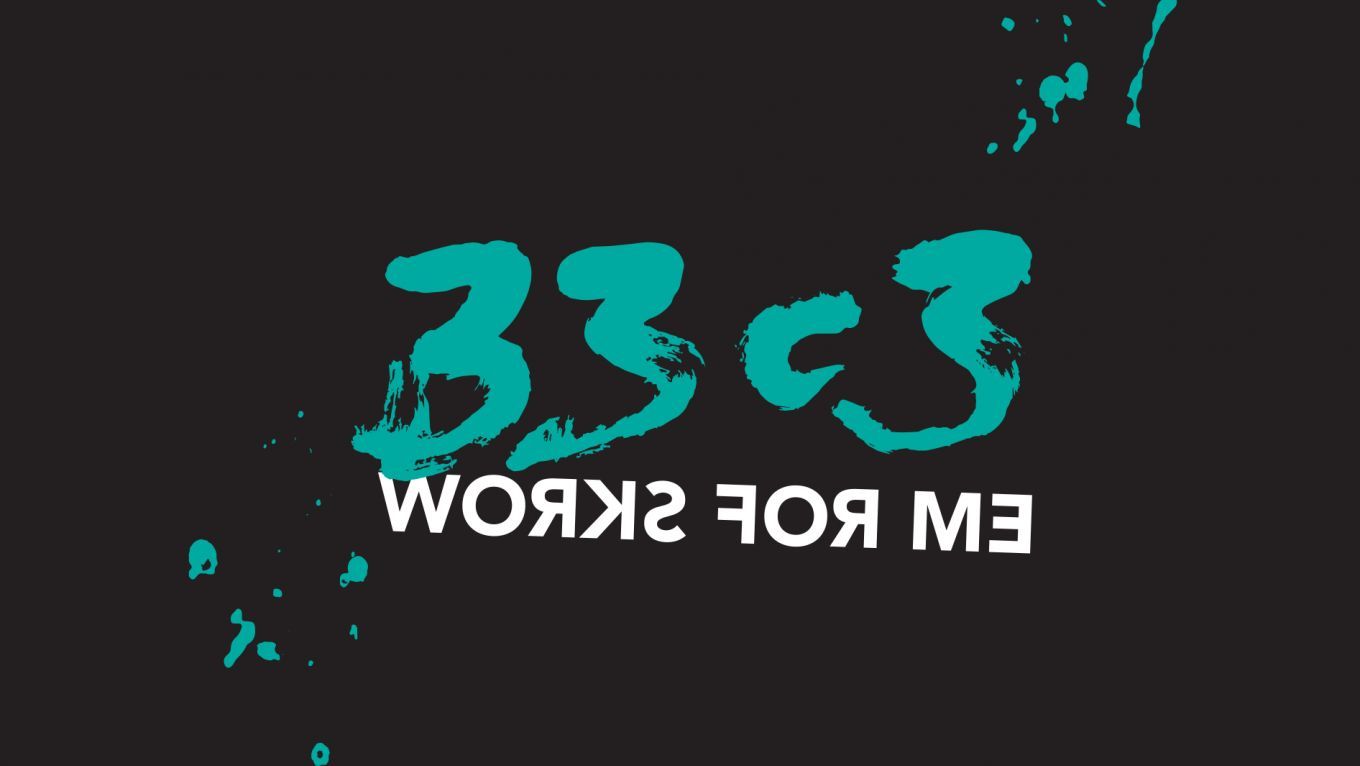Science
Saving the World with (Vegan) Science
Describing the science behind new high tech vegan foods which will replace animal agriculture. I will also discuss the potential impact to lessen the severity of climate change and give an update on the Real Vegan Cheese biohacker project.
Climate change is the most pressing issues ever faced by humans. While many people are aware of the need for renewable energy, electric vehicles and more efficient homes and manufacturing, fewer people are aware that animal agriculture is a major issue which must be addressed. In fact animal agriculture is one of the highest impact human activities, producing greenhouse gas emissions and environmental damage on par with worldwide transportation and industrial manufacturing.
Rather than convincing people to give up animal products, some groups (academic, industrial and biohackers) are using science to produce near-identical, or in some cases identical, replacements for these products. Replacing animal products will greatly reduce the environmental impact of our diets, without making people give up the food they desire.
I will discuss various approaches including plant protein databases used for engineering realistic animal product replacement, production of proteins in genetically modified microorganisms, and culturing of animal cells without the growing of a whole animal. The science behind these approaches, potential impact, and progress by various players in these fields will be presented. Finally I give a progress update on the Real Vegan Cheese project, which is run out of biohacker spaces in the SF bay area and aims to produce real cheese from engineered yeast.
Weitere Infos
| Format | lecture |
|---|---|
| Sprache | Englisch |
Weitere Sessions
| 27.12.16 |
What are the politics and aesthetics of mapping? An introduction how cartography shapes cities and landscapes, creates borders and determines the perception of our environment. How an evolving mix of high-resolution satellite imagery, algorithm-based mappings and the huge amount of data of digitized cities will enhance these effects? And in contrast, how can maps be designed, that question the “objectivity” and “correctness” of conventional cartography?
|
| 27.12.16 |
Artificial intelligence and machine learning are in a period of astounding growth. However, there are concerns that these technologies may be used, either with or without intention, to perpetuate the prejudice and unfairness that unfortunately characterizes many human institutions. We show for the first time that human-like semantic biases result from the application of standard machine learning to ordinary language—the same sort of language humans are exposed to every day. We replicate a ...
|
| 27.12.16 |
Legend has it that most airline pilots will at one time have uttered the sentence "What's it Doing now?", whenever the autopilot or one of its related systems did something unexpected. I will be exploring some high-profile accidents in which wrong expectations of automation behaviour contributed to the outcome.
|
| 28.12.16 |
Jeder weiß ungefähr was ein Mikroskop ist und vielleicht hat man auch mal davon gehört das da immernoch dran geforscht wird – Stichwort Hochauflösungsmikroskopie (Nobelpreis 2014 in Chemie). Es gibt deutlich mehr Mikroskope in der professionellen Forschung als es Teleskope gibt, deutlich mehr – und da könnte man sich jetzt fragen: "Warum sehe ich so viele Bilder von Sterne, aber kaum Mikroskopiebilder von öffentlichen Einrichtungen und Stellen?". Um diese Frage zu beantworten will ich ...
|
| 28.12.16 |
Physicists are not computer scientists. But at CERN and worldwide, they need to analyze petabytes of data, efficiently. Since more than 20 years now, ROOT helps them with interactive development of analysis algorithms (in the context of the experiments' multi-gigabyte software libraries), serialization of virtually any C++ object, fast statistical and general math tools, and high quality graphics for publications. I.e. ROOT helps physicists transform data into knowledge. The presentation will ...
|
| 28.12.16 |
The Anthropocene is widely understood to mean the current <em>"period of Earth's history during which humans have a decisive influence on the state, dynamics and future"</em> of this planet. For several years, scientists in the <a href="http://quaternary.stratigraphy.org/workinggroups/anthropocene/" title="Website of the Working Group on the 'Anthropocene' (AWG)">Working Group on the 'Anthropocene' (AWG)</a> have <a ...
|
| 28.12.16 |
Applied IT security is largely a science-free field. The IT-Security industry is selling a range of products with often very questionable and sometimes outright ridiculous claims. Yet it's widely accepted practice among users and companies that protection with security appliances, antivirus products and firewalls is a necessity. There are no rigorous scientific studies that try to evaluate the effectiveness of most security products or strategies. Evidence-based IT security could provide a way ...
|

